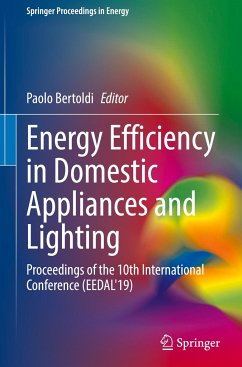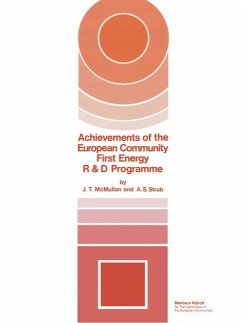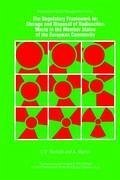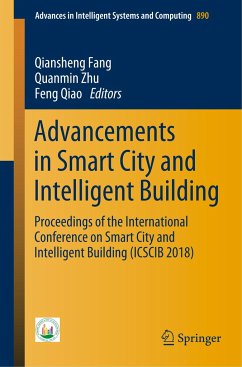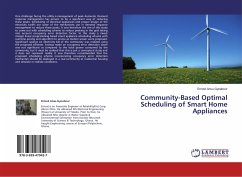
Community-Based Optimal Scheduling of Smart Home Appliances
Versandkostenfrei!
Versandfertig in 6-10 Tagen
27,99 €
inkl. MwSt.

PAYBACK Punkte
14 °P sammeln!
One challenge facing the utility is management of peak demands. Demand response management has proven to be a significant way of reducing these peaks. Scheduling of electrical appliances and proper design of the electricity tariffs are some of the mechanisms use in demand response management to reduce these peaks. It was therefore the aim of this study to come out with scheduling scheme to reduce peaking in the grid taking into account occupancy error detection factor. In this study a mixed integer linear programming based smart appliance scheduling scheme with real-time pricing and algorithm ...
One challenge facing the utility is management of peak demands. Demand response management has proven to be a significant way of reducing these peaks. Scheduling of electrical appliances and proper design of the electricity tariffs are some of the mechanisms use in demand response management to reduce these peaks. It was therefore the aim of this study to come out with scheduling scheme to reduce peaking in the grid taking into account occupancy error detection factor. In this study a mixed integer linear programming based smart appliance scheduling scheme with real-time pricing and algorithm to service as motion sensor were proposed. Significant savings on electricity bill of the community was realized using the proposed schemes. Savings made on occupancy error detection alone was not significant as compared to the total power consumed by the community, but it must be realized that this is just a conceptual study and it does not represent reality. It was therefore recommended that the proposed scheduling scheme incorporating occupancy error detection mechanism should be deployed in a real community of residential housing and simulate in realistic conditions.





